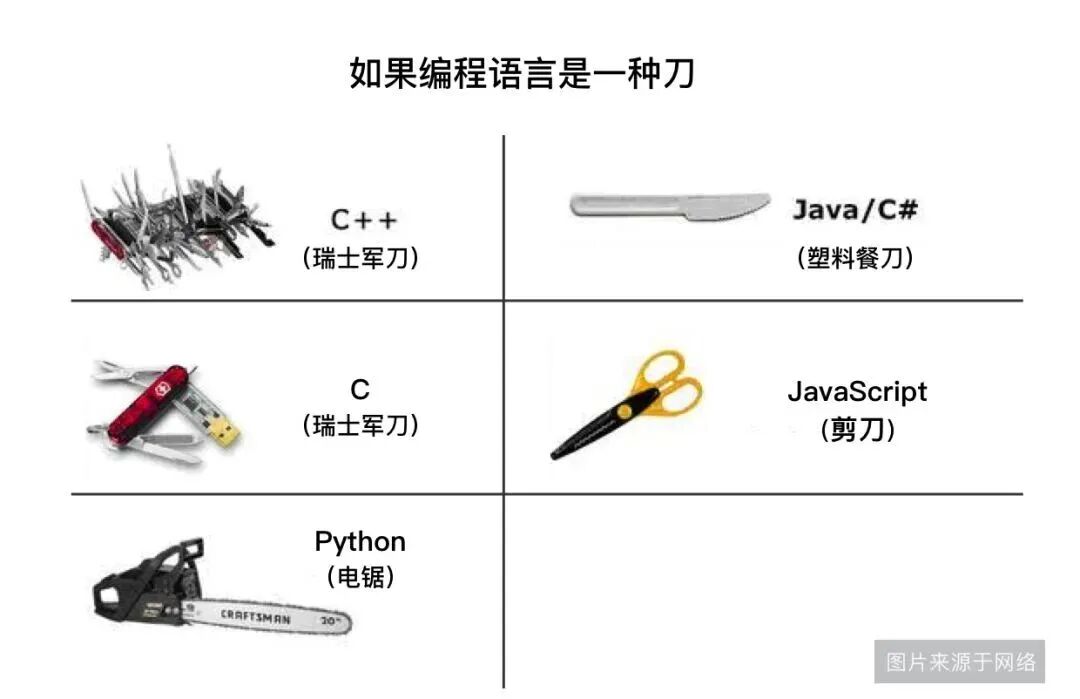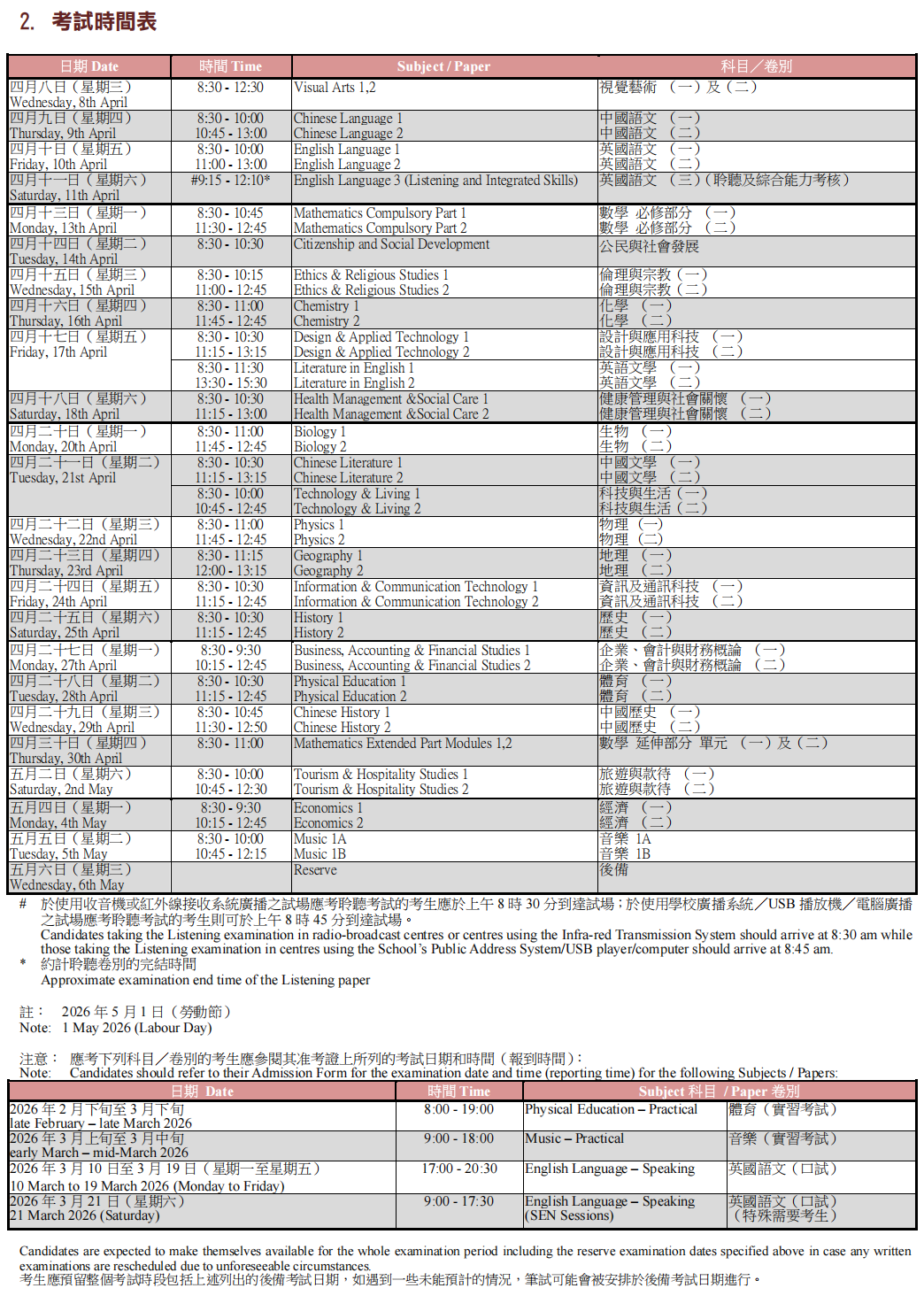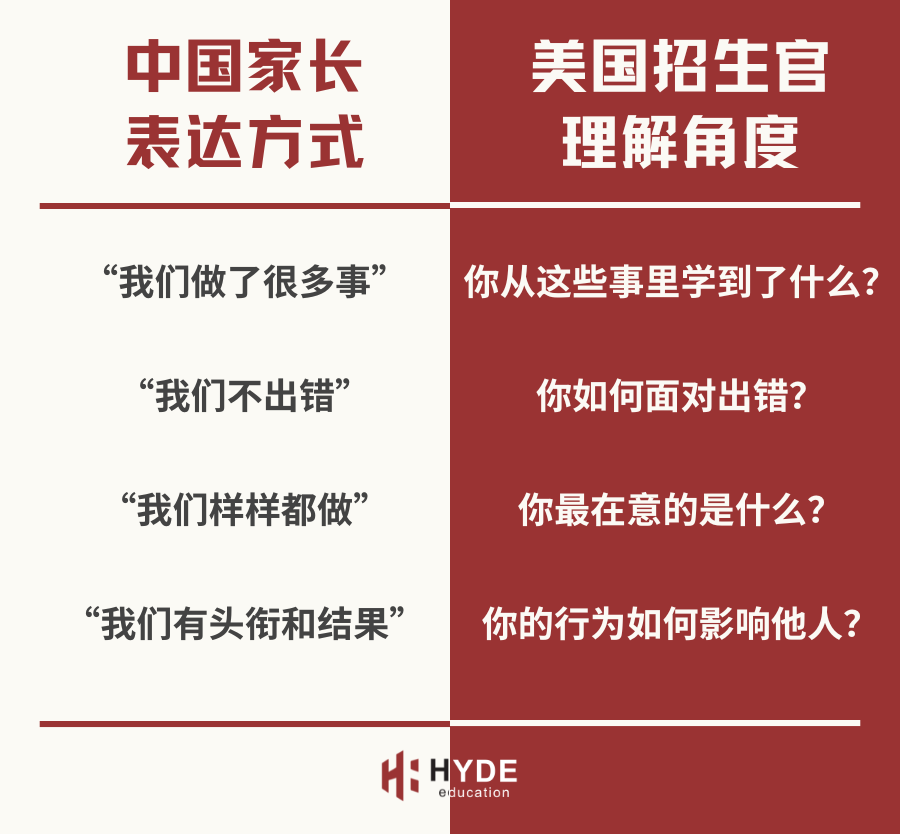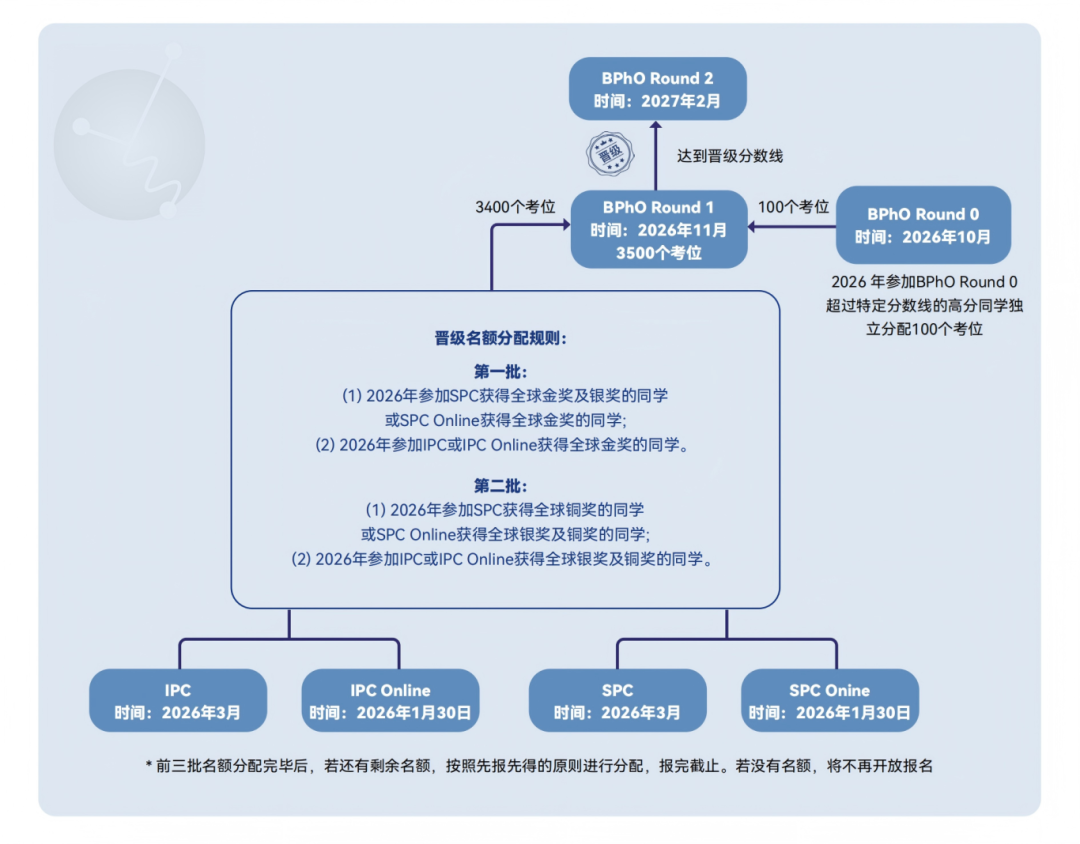五十年前,专家认为人的智商(IQ)生来注定,是很难改变的。
在众多涉及IQ的理论中,有一个是流体智力(fluid intelligence)和晶体智力(crystallized intelligence)区分理论。
而近期研究表明,流体智力可以通过训练达到某种程度的提升。言外之意,人的intelligence level也可以得到提升。
下面是这个观点的原文(文章发表于2008年,作者Robert J. Sternberg):
Increasing fluid intelligence is possible after all
Robert J. Sternberg
May 13, 2008
Almost 40 years ago, Jensen claimed that, when all is said and done, there is not much one can do to raise people's IQs. Over the years, there have been various attempts to do so, which generally have yielded somewhat ambiguous results. Even successful attempts have typically involved training people on the same kinds of items on which they would be tested, so that it was not clear whether the training was generalizable, rather than merely a result of practice effects on particular item types.
Further complicating the picture have been studies showing that IQ tends to be fairly highly heritable, with most reliable estimates ranging from ≈0.5 to 0.8. More recently, heritability has been found to vary both with age, with IQ becoming more highly heritable in later years, and with social class, with IQ more highly heritable in higher social classes. Although heritability does not imply the fixedness of a trait (e.g., height is highly heritable but also modifiable), the mixed results of training studies have been taken to be consistent with the notion that IQ is relatively fixed.
IQ may be viewed as a composite comprising multiple elements: In many theories of intelligence, a distinction is made between fluid and crystallized intelligence. Fluid intelligence comprises the set of abilities involved in coping with novel environments and especially in abstract reasoning; crystallized intelligence is the product of the application of these processes. Fluid intelligence is often measured by tests such as figural analogy, classification, and matrix problems, whereas crystallized intelligence is measured by tests of vocabulary and general information.
Increasing Fluid Intelligence
In this issue of PNAS, Jaeggi et al. have made an important contribution to the literature by showing that (i) fluid intelligence is trainable to a significant and meaningful degree; (ii) the training is subject to dosage effects, with more training leading to greater gains; (iii) the effect occurs across the spectrum of abilities, although it is larger toward the lower end of the spectrum; and (iv) the effect can be obtained by training on problems that, at least superficially, do not resemble those on the fluid-ability tests. Their study therefore seems, in some measure, to resolve the debate over whether fluid intelligence is, in at least some meaningful measure, trainable.
Given these positive results, a reader might wonder why it has taken nearly 40 years to show training effects. Why the wait? The reason is, in large measure, that recent cognitive-based theories of intelligence have provided new insights into just what kind of training would be successful. It is only in fairly recent years, relative to the age of the field, that so-called “working memory” has come to be viewed as a key determiner of fluid intelligence. Working memory is usually viewed as that part of long-term memory that is available for active information processing, including placement of information into and retrieval of information out of storage. Tasks such as backward digit span and the n-back task used in this study are good measures of working memory. So the basic idea in Jaeggi et al.'s study is that one can use modern cognitive theory to serve as a basis for training, which should then produce a training regimen that will make a meaningful difference. This idea proved to be correct.
Fluid intelligence is trainable to a significant and meaningful degree.
Jaeggi et al.'s article is important to the field of intelligence because it shows that training can improve fluid intelligence, can do so across intelligence levels, and can do so in a theory-based way. To the extent that past investigators failed to obtain such robust results, it appears to be because they failed to use the cognitive–theoretical basis that served as the basis for training in Jaeggi et al.'s study. These results have important educational-policy implications, because they suggest that the results of conventional tests of intellectual abilities and aptitudes provide indices that may be dynamic rather than static and modifiable rather than fixed. Most researchers have viewed intelligence as largely fixed, although others have argued strongly for its modifiability. The latter are shown to be justified in their beliefs.
Further Research
There will be a need for follow-up on these interesting results because of several limitations of Jaeggi et al.'s study, none of them calling into question the obtained results. Eight are of some concern.
First, with regard to the main independent variable, there was only one training task in the study, so it is unclear to what extent the results can be generalized to other working-memory tasks. It would be important to show that the results are really about working memory rather than some peculiarity of the particular training task.
Second, with regard to the main dependent variable, there was only one kind of fluid-ability test, geometric matrix problems from various tests of the kind found in the Raven Progressive Matrices and similar tests. It would be important to show that the results generalize to other fluid-ability tasks rather than being peculiar to this kind of task. Matrix problems are generally considered to be an excellent measure of fluid intelligence, but they do place a particularly great demand on working memory. At the same time, fluid-ability tests tend to be highly correlated with each other, so generalization would appear likely. Whether generalization extends beyond the matrix tests to other kinds of cognitive tests, such as of spatial, numerical, or other abilities, remains to be seen.
Third, it is important to remember that the fluid-ability tests, although the dependent variables in Jaeggi et al.'s study, were originally intended to be independent variables in predicting meaningful behavior in the real world. Such behavior would include, among other things, educational and occupational achievement. Tests of intelligence have also been shown to have implications for other kinds of success, including even health-related behavior. So it would be useful to show that the training transfers to success in meaningful behaviors that extend beyond the realm of psychometric testing.
Fourth, Jaeggi et al. mention that, with training, the value of fluid intelligence for predicting performance on other tasks can change. It would be important to show that the predictive power of the fluid-ability tests, after training, is at least as high as or possibly even higher than it was before training took place.
Fifth, as Jaeggi et al. recognize, their study does not address whether the training is durable over extended periods of time. Too often increases of intelligence obtained through training programs have proved to be fleeting. Future work would need to assess durability over varying periods of extended time.
Sixth, the control group in Jaeggi et al.'s study had no alternative task, which can lead readers to query whether a placebo treatment in an additional control group might have led to a stronger comparison. In future work, one would want to include a training alternative that teaches something expected not to be relevant to performance on the fluid-ability tests.
Seventh, because there is only one study, there is a great need for replication. In single studies, one can never be sure whether there are aspects of the design or procedure that lead to results that later prove not to be replicable.
Finally, the effects need to be examined on a much wider range of ability levels and, in general, of types of participants than were tested in this study. The subjects were all recruited from the University of Bern community, which is likely to be a rather selective sample of individuals not typical of the population either of Switzerland or, more generally, of developed countries or certainly the world. It would be particularly important to test elderly people, who are at risk for loss of fluid ability. The sample was also relatively small (n = 70).
None of these criticisms detracts from the central importance of the results of Jaeggi et al.'s study. On the contrary, they suggest that their study should and probably will be the first in a long series instigated by this pioneering research.
在SAT、考研英语涉及实验内容的文章里,常常出现以下高频词汇,本文亦有出现:
1. significant 显著的,显性的,表示实验结果的数据与假定(hypothesis)一致
2. dependent variable 因变量 (statistics) a variable in a logical or mathematical expression whose value depends in the independent variable; if f(x)=y, y is the dependent variable
3. independent variable 自变量 An independent variable is the variable you manipulate or vary in an experimental study to explore its effects; if f(x)=y, x is the independent variable
4. control group: 对照组 对照组是指实验对象中一个被随机选择的子集,其中的个体没有特殊待遇。需要对照组的原因是:没有对照组,就没有办法确定这样的操作或是某些其他变量(或几个联合变量) 是否产生了作用。
5. participant 参与者(指参加实验的个体)
6. subject 实验对象或研究对象,在这篇文章里,participant和subject意思相同
7. sample 实验的样本
其他在本文中出现的特别含义词汇或短语:
so that 结果是,因此
literature 在这篇文章中,不是”文学“的意思,而是“领域”,指学科领域
阅读结束后,请回答两个问题:
文章前三段和后面所有段落的关系是什么?
为什么研究学者在四十年后(2008年)才发现人的fluid intelligence是可以通过训练提升?
答案:
是一个铺垫关系,或引子关系。文章前三段陈述IQ很难改变而且很复杂,为后文提FI可以通过训练提升做下铺垫。
答案在文章第5段。因为近年的以认知为基础的智力理论提供了新的思路,它告诉我们通过哪一种训练才能有效提升FI(T
he reason is, in large measure, that recent cognitive-based theories of intelligence have provided new insights into just what kind of training would be successful)












